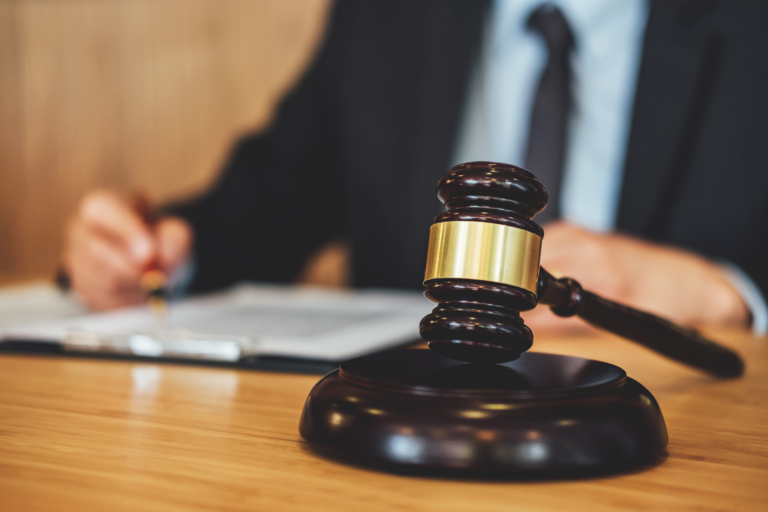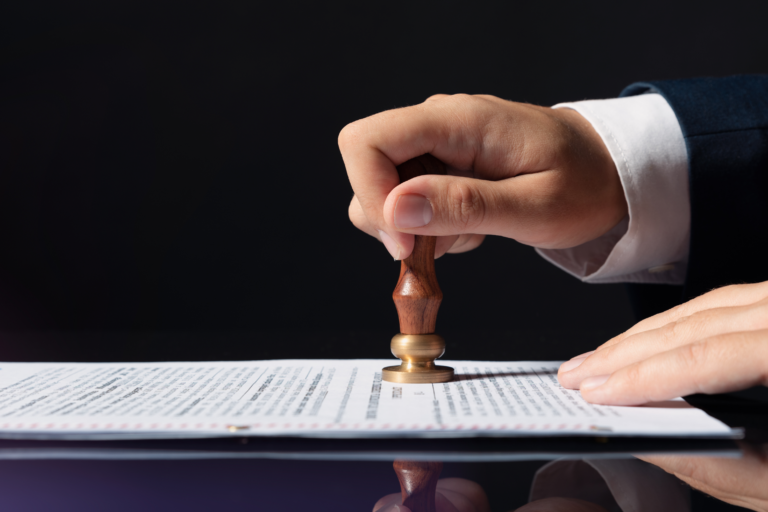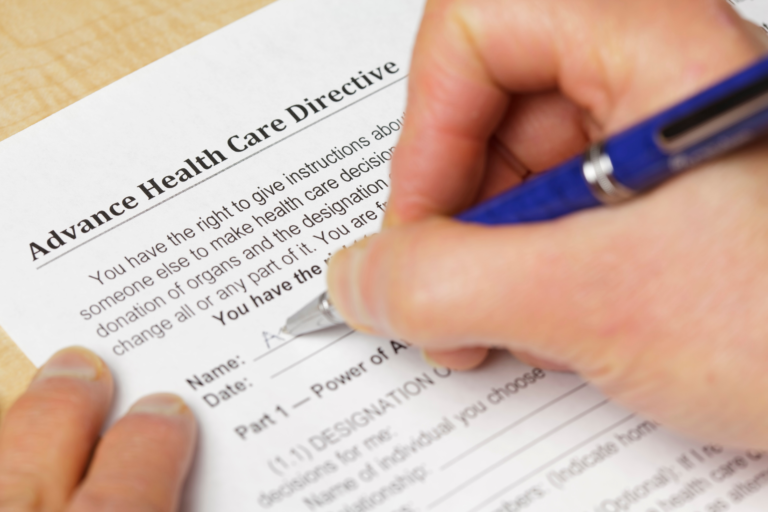There are problems that can arise during Florida probate and delay or complicate the process. Below, we will discuss some of the common problems that can occur during probate in Florida and teach you how to solve them.
What Are Some Common Problems That Can Arise During Florida Probate?
Some of the problems that can arise during Florida probate include:
Invalid or contested will:
A will is a legal document that expresses the wishes of the deceased person regarding how their property should be distributed after their death. However, not all wills are valid or enforceable in Florida.
A will may be invalid if it does not meet the legal requirements for execution, such as being signed by the testator (the person who made the will) and two witnesses.
A will may also be contested by an interested person, such as a beneficiary or an heir, who believes that the will is fraudulent, forged, coerced, or influenced by undue pressure.
Determining the validity of a will or resolving a will contest can take time and money.
There is no will:
If a person dies without a valid will, they are said to die “intestate.” In this case, their property will be distributed according to the Florida laws of intestate succession, which may not reflect their actual wishes or preferences.
For example, if a person dies without a spouse or children, their property may go to their parents, siblings, or more distant relatives, instead of their friends or charities that they wanted to support.
Moreover, dying without a will may also increase the chances of conflicts among the potential heirs.
Missing or unknown heirs:
Sometimes, it may be difficult to locate or identify all the heirs or beneficiaries of an estate. This may happen if the deceased person did not leave a clear list of their relatives or beneficiaries, or if some of them have moved, changed their names, or passed away.
If there are missing or unknown heirs, the personal representative (the person appointed by the court to administer the estate) will have to conduct a diligent search and publish a notice in a newspaper to notify them of the probate proceedings. This can delay the distribution of the assets and increase the cost of probate.
Creditor claims:
Before the assets can be distributed to the beneficiaries or heirs, the estate must first pay off any valid debts or obligations that the deceased person owed at the time of their death. These may include mortgages, loans, taxes, medical bills, credit cards, or other liabilities.
The personal representative must notify all known and reasonably ascertainable creditors of the estate and give them an opportunity to file their claims within a specified period.
If there are insufficient assets in the estate to satisfy all valid claims, the personal representative must follow a statutory order of priority to determine which debts get paid first.
Homestead property:
Homestead property is a special type of property in Florida that enjoys certain protections and benefits under the law. Homestead property is generally defined as the primary residence of a person or their family, up to half an acre in a municipality or 160 acres outside a municipality.
Homestead property is exempt from forced sale by creditors and receives a tax exemption and a limitation on its assessed value. However, homestead property is also subject to certain restrictions on how it can be transferred by will.
For example, if a person is survived by a spouse and/or minor children, they cannot devise their homestead property to anyone else. If they do so, their will may be invalid as to that property.
Moreover, homestead property may also be subject to special procedures and rules during probate that can affect its valuation and distribution.
How Can You Solve These Problems?
The best way to solve these problems is to prevent them from happening in the first place. You can do this by planning ahead and creating an estate plan that reflects your wishes and goals for your property and your family.
An estate plan may include various documents and tools that can help you avoid probate altogether or at the very least simplify it if it becomes unavoidable, such as:
- A will
- A revocable trust
- Beneficiary designations
- Joint ownership with rights of survivorship
Depending on your circumstances and goals, you may need some or all of these estate planning tools, so it is crucial to consult with an experienced estate planning lawyer in order to determine which of them will help you reach your objectives.
We Can Help You
If you are facing any problems during Florida probate or want to avoid them altogether by creating an estate plan, you need the guidance and assistance of competent and experienced attorneys.
At Jurado & Associates, P.A., we have the knowledge and skills to help you navigate the complex and challenging Florida probate process and achieve your desired outcomes. Do not let Florida probate be a problem for you and your family. Contact us today at (305) 921-0976 or [email protected] or WhatsApp us at +1 (305) 921-0976.






